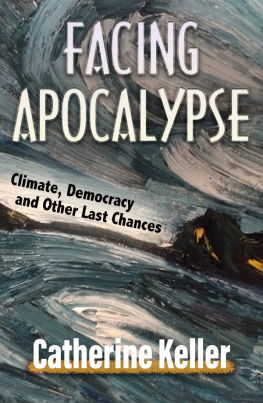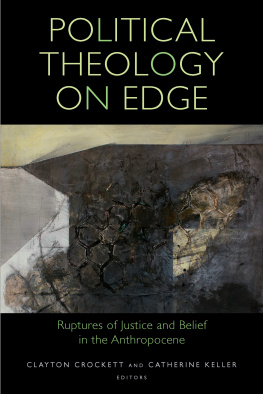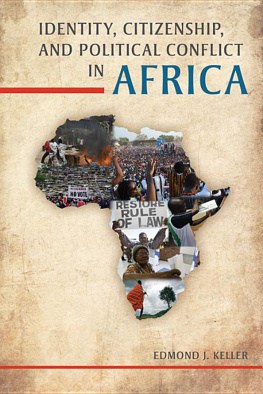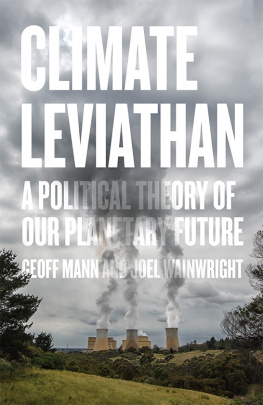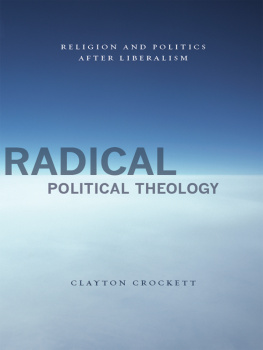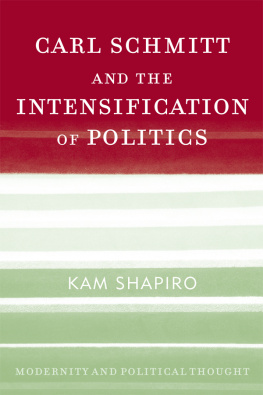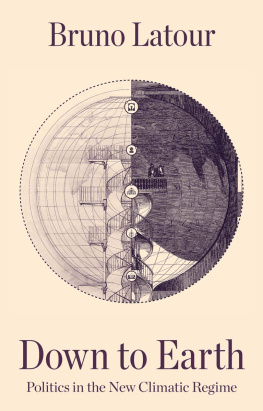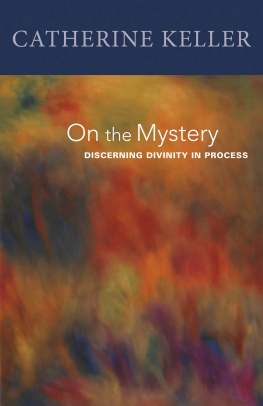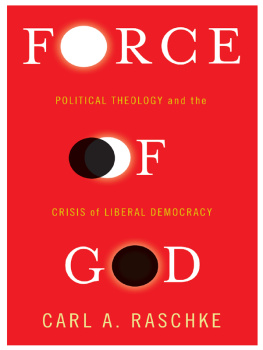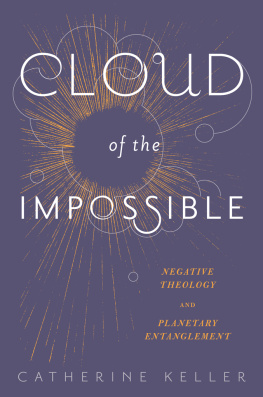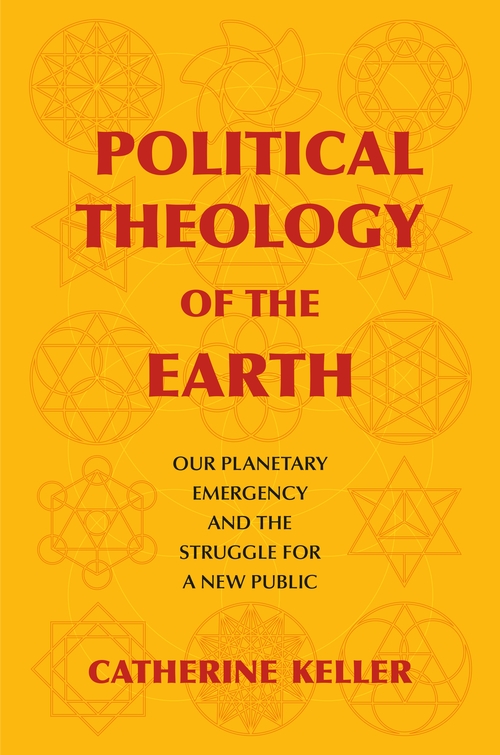Contents
Guide
Pagebreaks of the print version
POLITICAL THEOLOGY OF THE EARTH
INSURRECTIONS: CRITICAL STUDIES IN RELIGION, POLITICS, AND CULTURE
INSURRECTIONS: CRITICAL STUDIES IN RELIGION, POLITICS, AND CULTURE

SLAVOJ I E K, CLAYTON CROCKETT , CRESTON DAVIS, JEFFREY W. ROBBINS, EDITORS
The intersection of religion, politics, and culture is one of the most discussed areas in theory today. It also has the deepest and most wide-ranging impact on the world. Insurrections: Critical Studies in Religion, Politics, and Culture will bring the tools of philosophy and critical theory to the political implications of the religious turn. The series will address a range of religious traditions and political viewpoints in the United States, Europe, and other parts of the world. Without advocating any specific religious or theological stance, the series aims nonetheless to be faithful to the radical emancipatory potential of religion.
After the Death of God , John D. Caputo and Gianni Vattimo, edited by Jeffrey W. Robbins
The Politics of Postsecular Religion: Mourning Secular Futures, Ananda Abeysekara
Nietzsche and Levinas: After the Death of a Certain God, edited by Jill Stauffer and Bettina Bergo
Strange Wonder: The Closure of Metaphysics and the Opening of Awe, Mary-Jane Rubenstein
Religion and the Specter of the West: Sikhism, India, Postcoloniality, and the Politics of Translation, Arvind Mandair
Plasticity at the Dusk of Writing: Dialectic, Destruction, Deconstruction, Catherine Malabou
Anatheism: Returning to God After God, Richard Kearney
Rage and Time: A Psychopolitical Investigation , Peter Sloterdijk
Radical Political Theology: Religion and Politics After Liberalism , Clayton Crockett
For a complete list of books in this series, see
POLITICAL THEOLOGY OF THE EARTH
OUR PLANETARY EMERGENCY AND THE STRUGGLE FOR A NEW PUBLIC
CATHERINE KELLER
Columbia University Press New York

Columbia University Press
Publishers Since 1893
New York Chichester, West Sussex
cup.columbia.edu
Copyright 2018 Columbia University Press
All rights reserved
E-ISBN 978-0-231-54861-8
Library of Congress Cataloging-in-Publication Data
Names: Keller, Catherine, 1953 author.
Title: Political theology of the earth : our planetary emergency and the struggle for a new public / Catherine Keller.
Description: New York : Columbia University Press, [2018] | Series: Insurrections : critical studies in religion, politics, and culture | Includes bibliographical references and index.
Identifiers: LCCN 2018024685 | ISBN 9780231189903 (cloth : alk. paper) | ISBN 9780231189910 (pbk. : alk. paper)
Subjects: LCSH: Political theology. | Public theology. | Religion and politics. | EcologyReligious aspects. | EcologyPolitical aspects.
Classification: LCC BL65.P7 K45 2018 | DDC 201/.77dc23
LC record available at https://lccn.loc.gov/2018024685
A Columbia University Press E-book.
CUP would be pleased to hear about your reading experience with this e-book at .
Cover design: Alex Camlin
To my students and colleagues, at this very moment creating the world that can be.
CONTENTS
I n a time of heightened political disarray and lowered planetary hope, one appreciates more vividly the solidarity and the support of persons, collectives, even institutions. This is not a matter of routine interdependence, which requires an ontology but no special thanks. So let me first express my gratitude to Yale Divinity School for the invitation to do the Nathaniel W. Taylor Lectures, February 2017, which provoked an early draft of Political Theology of the Earth. And thanks to the American Theological Association for the Luce Grant that allowed me to finish the book in the timely manner its subject matter demanded; it will lead to Apocalypse After All?, the main project for the leave. And, as forever, I am indebted to my home institution Drew, the Theological School, whose dean pressed me to apply for that grant; and whose motto of courage, innovation, and rootedness actually holds true. More institutions: it was a pleasure to deliver the lectures at Mercer University under the same heading, about when I was delivering the manuscript. And I thank Columbia University Press for taking it from there, and especially the subtle Wendy Lochner, for her indelible influence at every stage. I am also indebted, once again, to Susan Pensak for her finely tuned copyediting.
Which has brought me to persons and their gifts. First of all I thank the poet Ed Roberson for his gracious permission to cite so much of his piercing poetrythe sine qua non of my Earth chapter and so of this book.
I will not thank enough the all-too-gifted Winfield Goodwin, who as my research assistant offered not just editorial support from beginning to end but contributed endless sources and clarifications. Furthermore, I was fortunate to receive a treasure trove of suggestions from the radical political theologian Clayton Crockett, all of which I greedily took. And later I received, to my delight, a full and indispensable reading from my doctoral student Anna Blaedel. Past and present doctoral students consistently inform and inspire my work; and among those who precede and inform me in the explicit engagement of political theology I will here just name Dhawn Martin, Yountae An, Karen Bray, Shelley Yael Dennis, Elijah Prewitt-Davis, and Austin Roberts.
It is impossible to enumerate here, after this short book, the cloud of friends whose conversation, intervention, interest, and writing colludes in this and any work I do.
I do though thank, for innumerable gifts, my person of persons Jason Starr.
O nce upon a time we had time.
Whatever the story of our individual mortalities, there extended out from all of us, from us all together, the space of a shared time, the time of a shared space. The sharing was rent with contradiction: we reached no consensus on the layout of the future. We could ignore the space of its temporal bodies and squint away the alpha and the omega of its ages. Our calculations collided, our opposed futures warred and left hope drugged or in ruins. But still there stretched before usif we were not fundamentalists of The Endat least a time to rebuild. There would be time enough for the space of a more marvelous togetherness: New Heaven and Earth, utopic horizon, seventh generation, endless rhythm, eternal return, r/evolutionary leap, fitful progress, sci-fi tomorrow. Or so the stories go. We had time.
And now we seem to have lost it.
Time, our time, the time of human civilization, appears to be running out. The science of climate has been unhysterically, relentlessly, increasingly signaling: not that time will run out but that if we stay on present course So it had seemed, at least before the acceleration expressed in the 2016 U.S. election, we had a fighting chance of changing course within the narrow window of time that climate change allots. After the political shift, however, the window seemed to be slamming shut. Not on all of life, not on the earth, not necessarily even on our species. But on historic human civilization as it flows into its future. Yet it is precisely so-called civilization that had brought us to this moment of self-contradiction, at which point we would be too busy responding politically to immediate threats to vulnerable human populationsof black lives, of immigrant, uninsured, or sexually abused livesto mind the matter of the earth.


